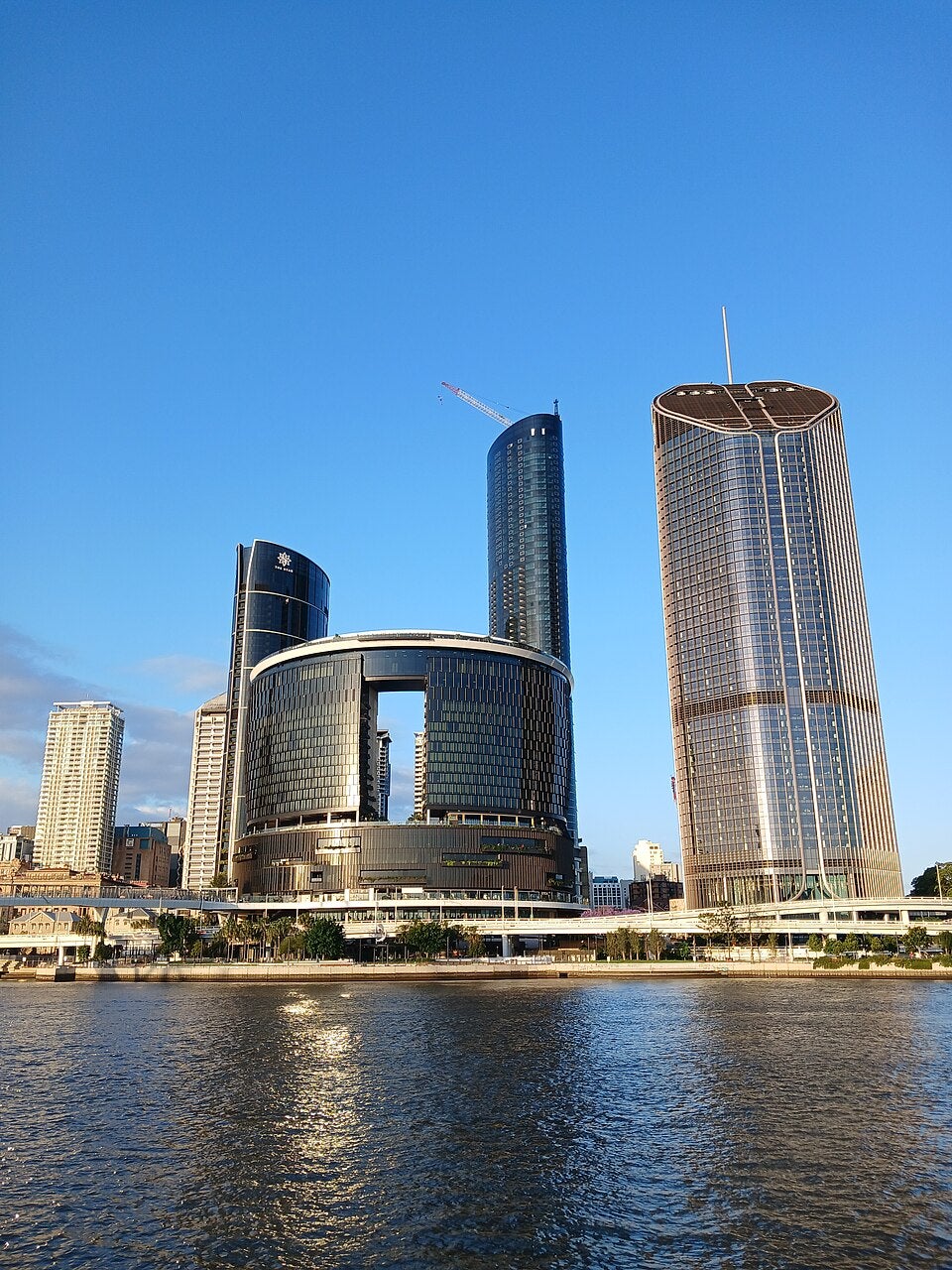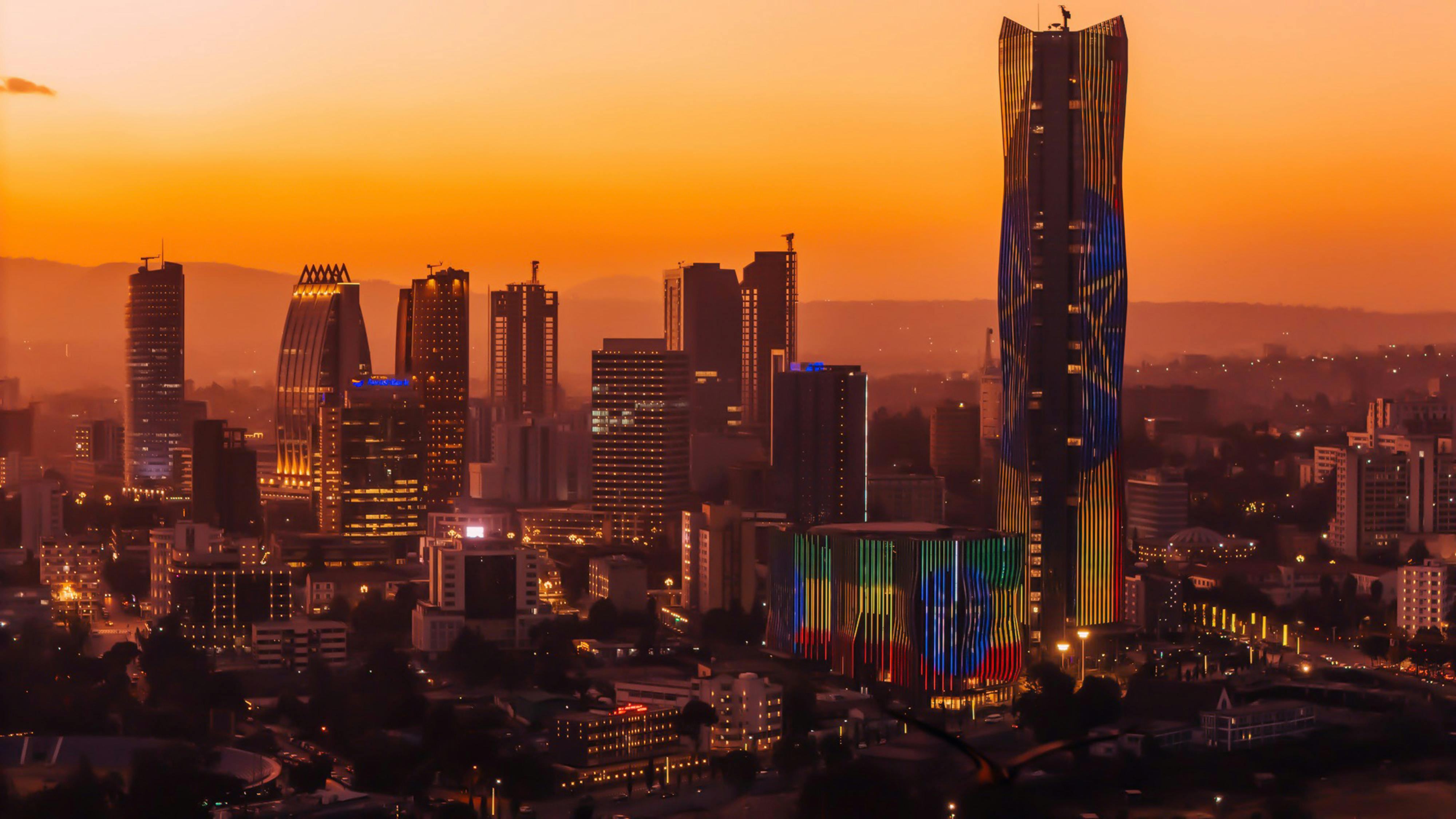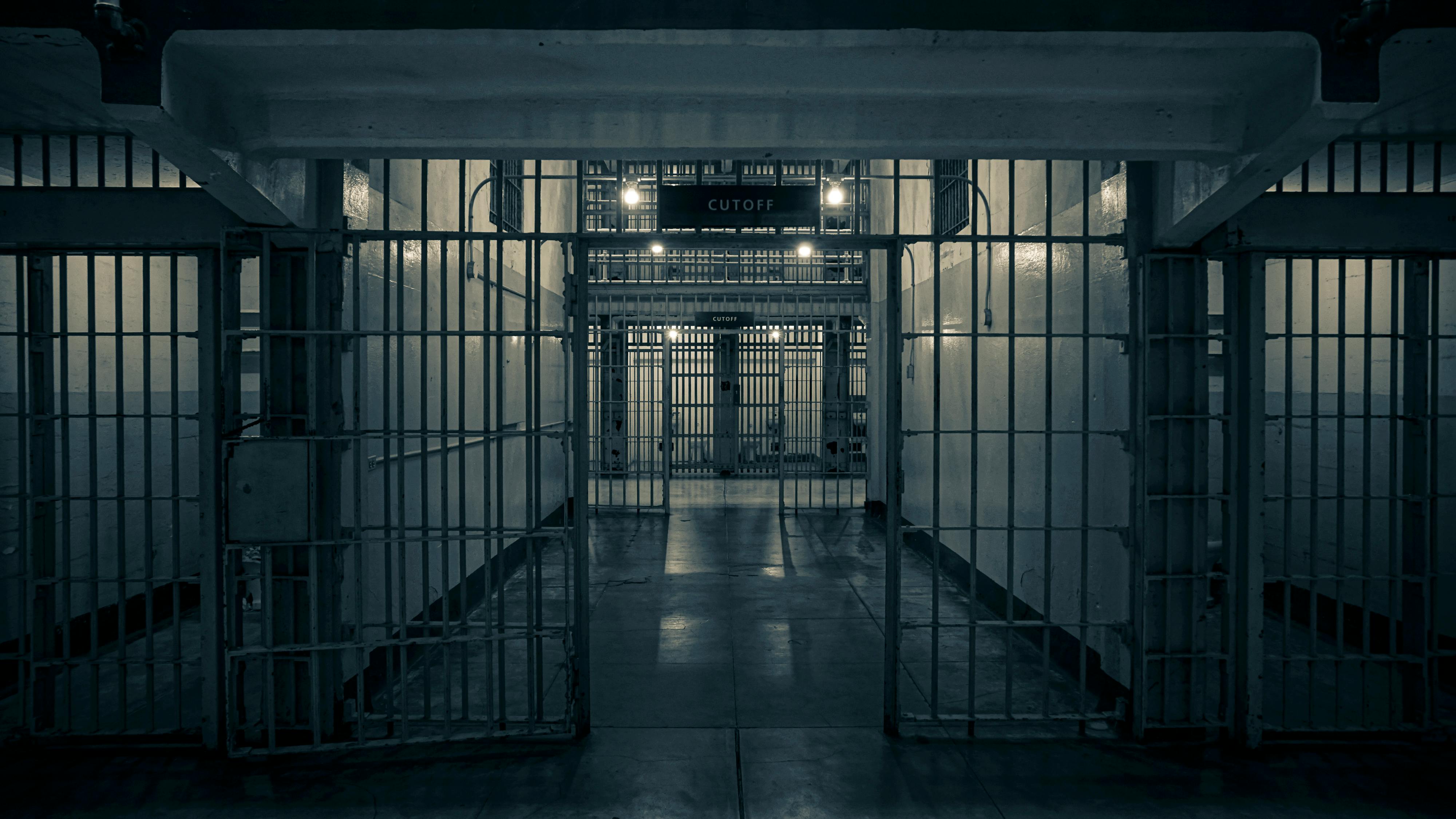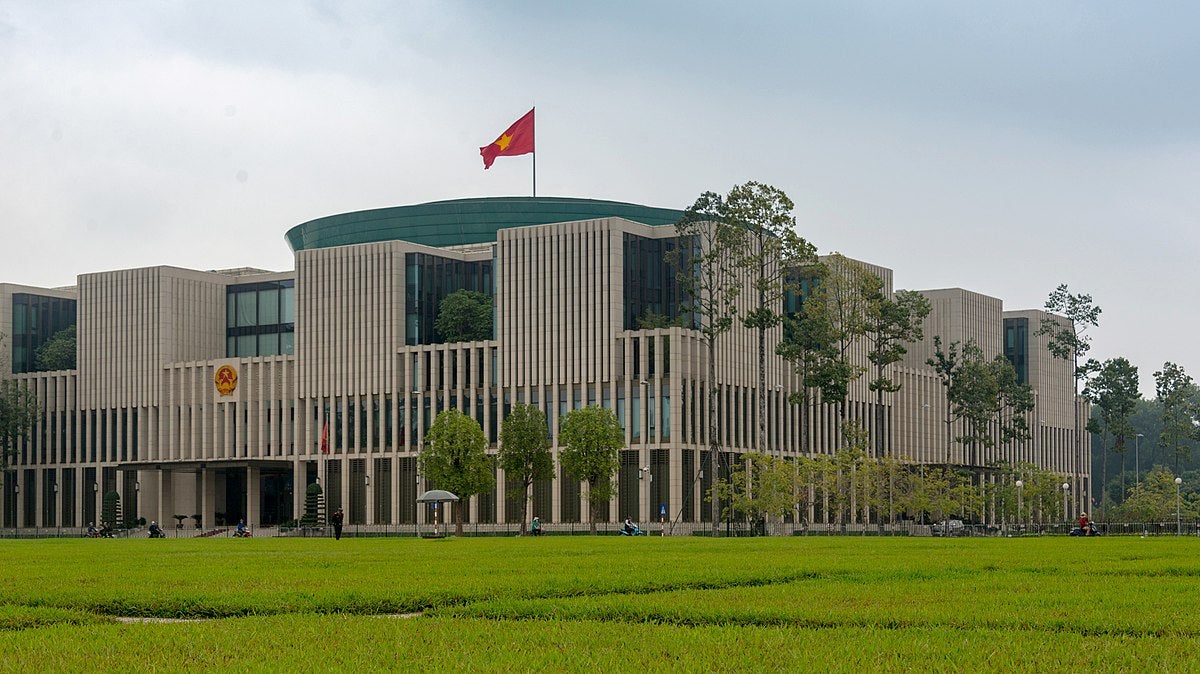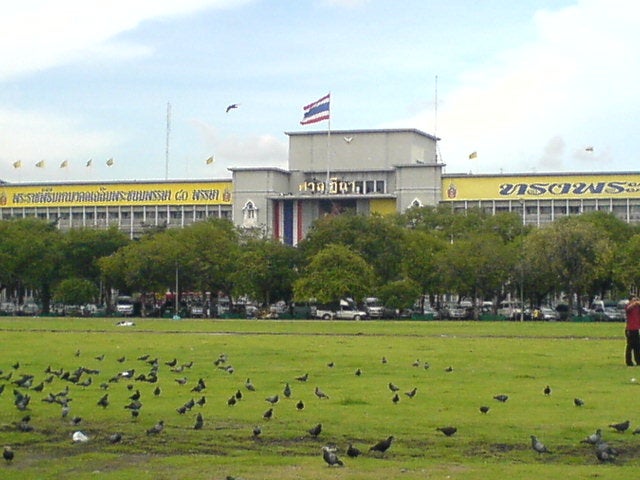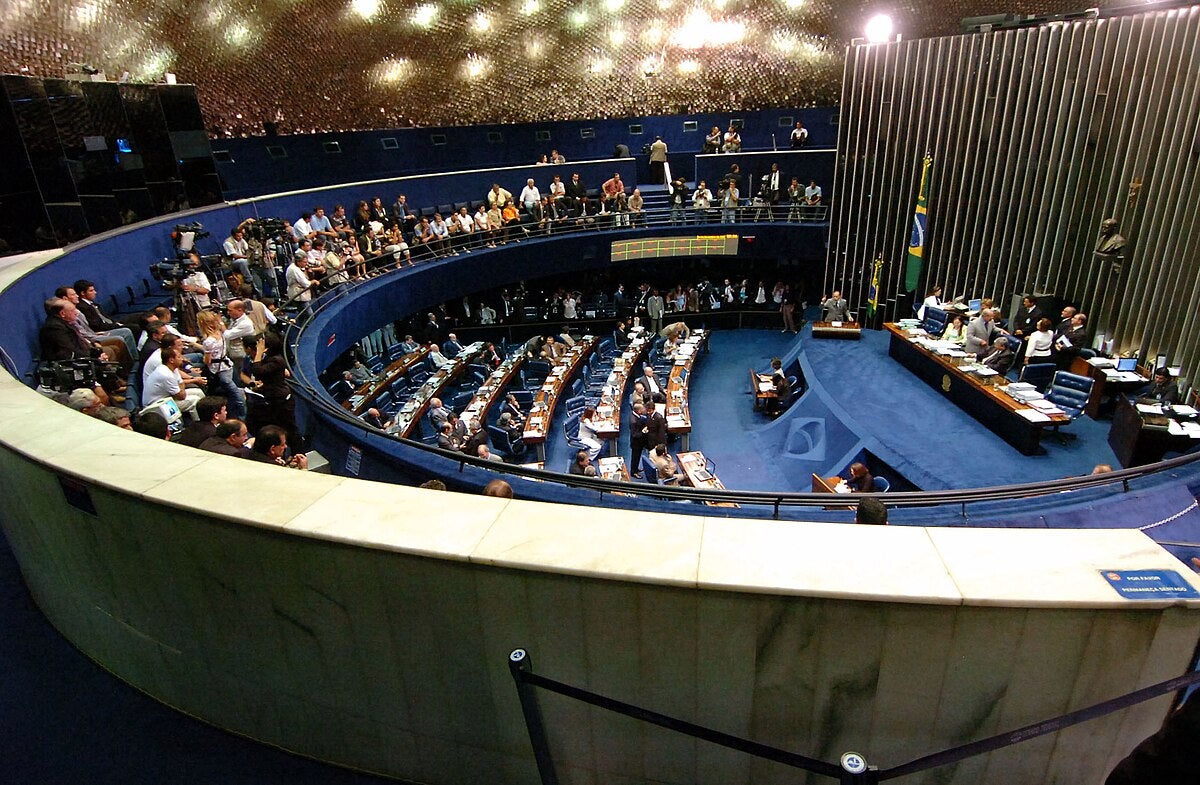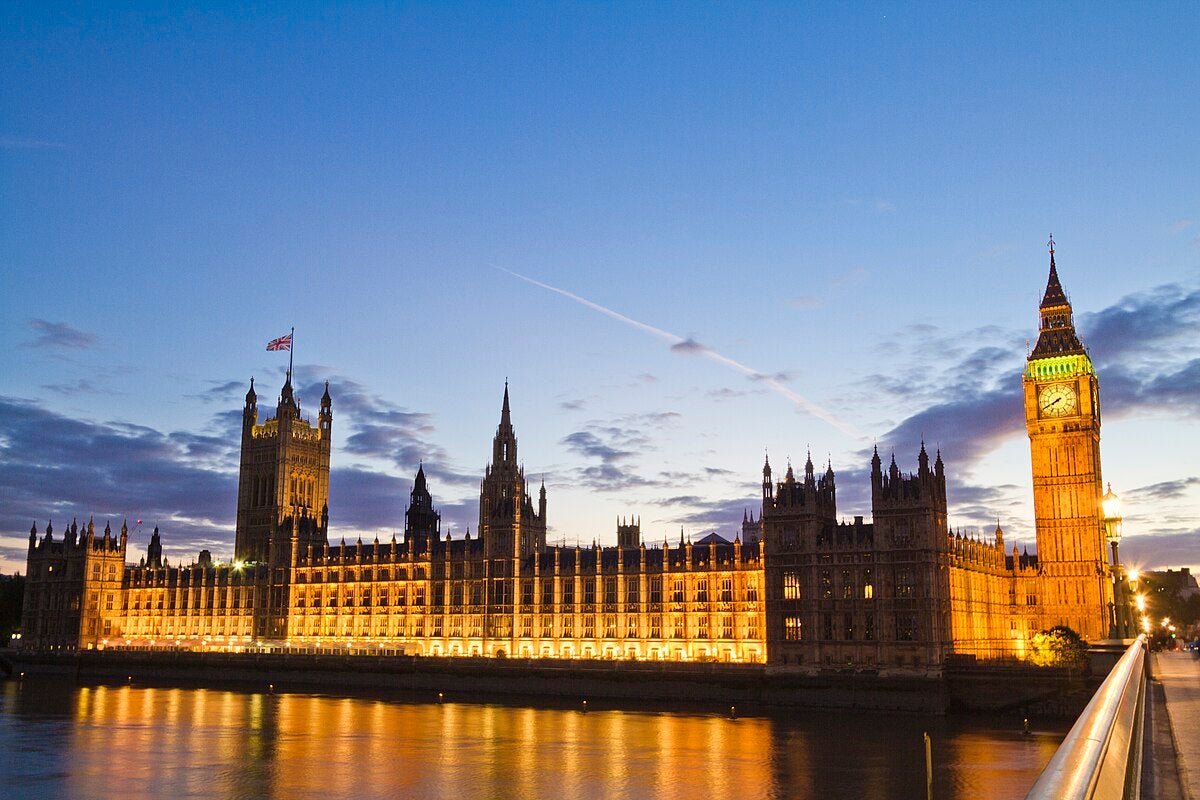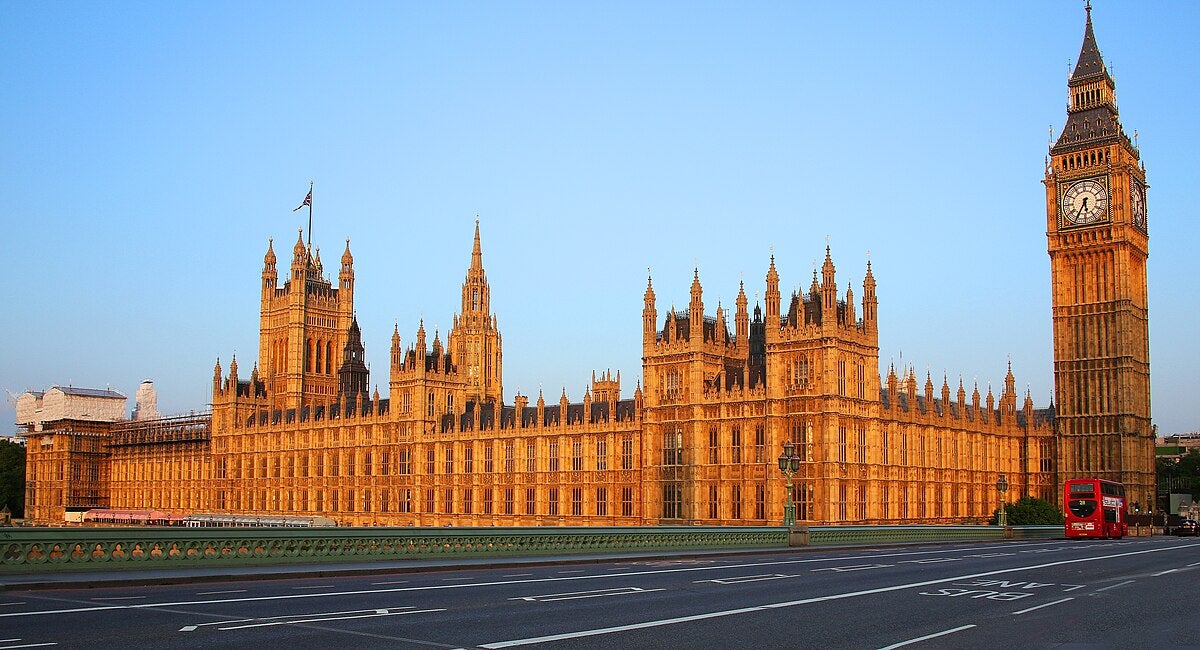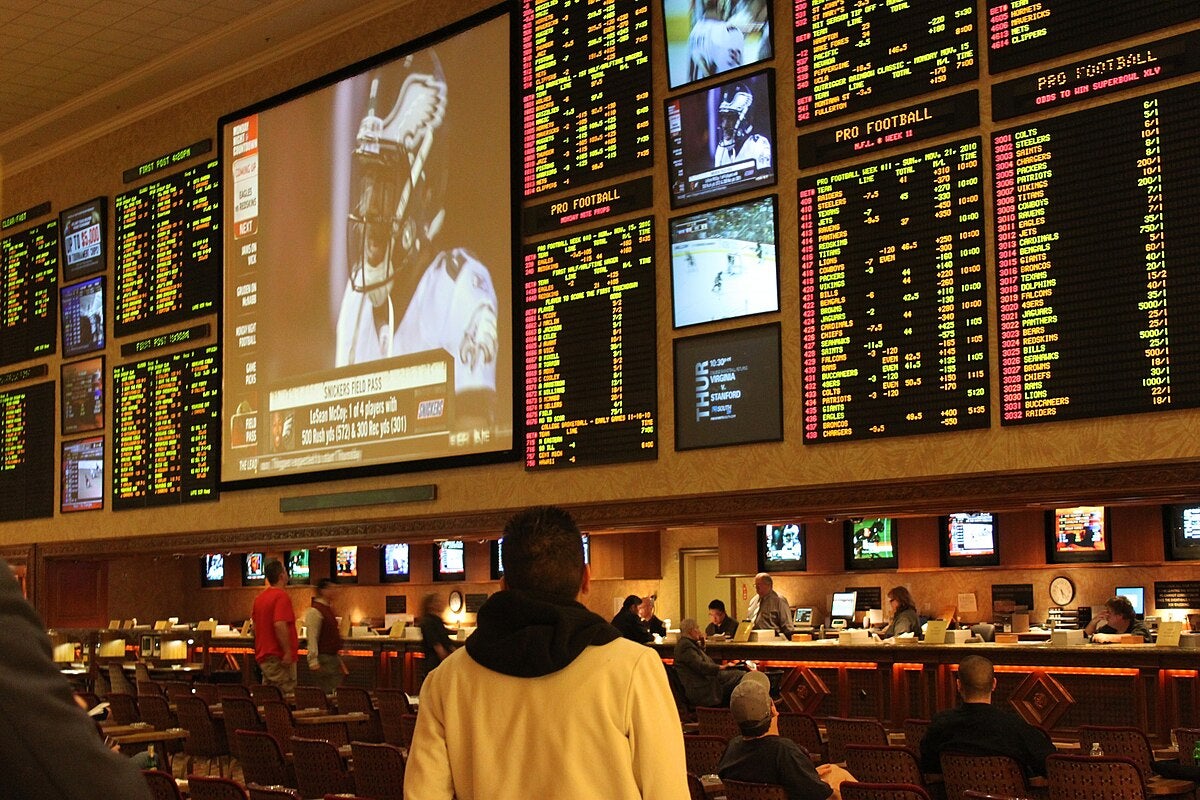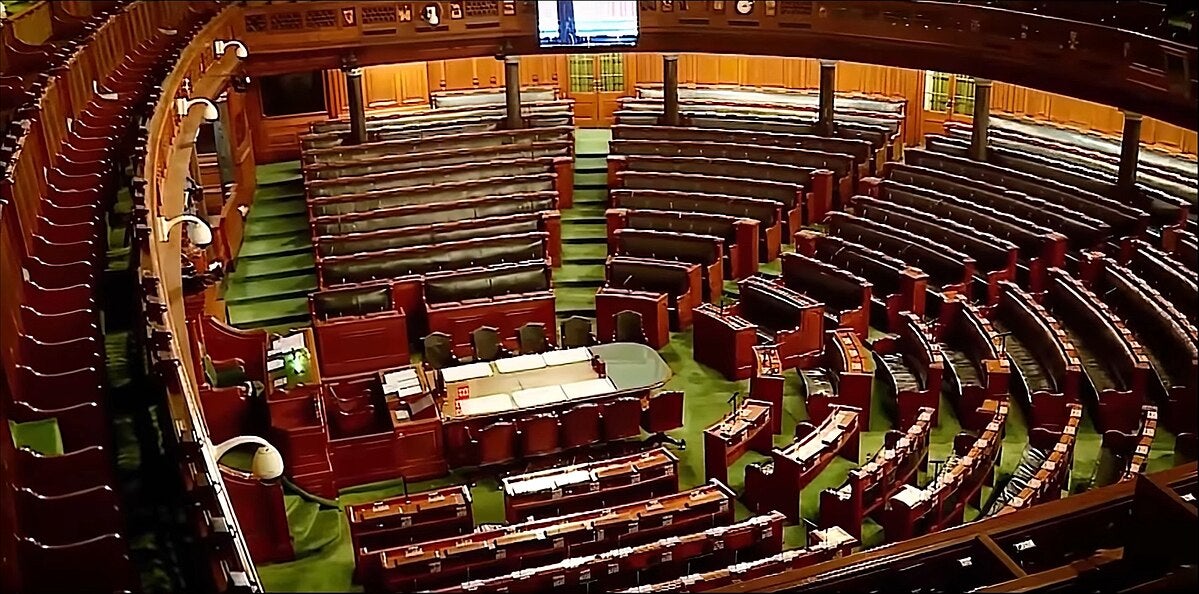Legal Crackdown
The pending online gambling legislation, awaiting presidential approval, introduces severe penalties, including three-year prison terms or fines of up to Rs10 million (£92,000) for operating real money gambling platforms. The bill also bans advertising and payment processing for such services, with celebrities facing sanctions for endorsements.
Authorities claim the crackdown addresses financial fraud, money laundering, tax evasion, and terrorism financing. IT Minister Ashwini Vaishnaw defended the law in parliament as a necessary shield against societal harm, citing rising suicides by individuals who had lost money online. He also asserted that the measures protect national security and public order from gaming-linked criminal networks.
Sector-Wide Fallout
India’s real money gaming sector is worth £2.8 billion and is projected to triple by 2029. It now faces collapse as hundreds of firms brace for shutdowns under the new law. Industry groups warned Prime Minister Narendra Modi in a pre-legislation appeal that over 400 companies and 200,000 jobs risk elimination, while players are pushed to unregulated offshore platforms.
Major operators like Dream11’s parent company, Dream Sports, have yielded, with CEO Harsh Jain confirming no legal challenges were encountered. However, he revealed 95% of the company’s revenue vanished overnight but ruled out layoffs for 500 employees, noting the company will focus on sports content and fan engagement.
A Long-Time Partner
Dream11 has been a cornerstone of Indian sports sponsorships since 2008, backing cricket, football, hockey, and kabaddi leagues globally, including the Indian Premier League and International Cricket Council events. After replacing Vivo as IPL title sponsor in 2020 and Byju’s as the national cricket team’s lead sponsor last year, its abrupt exit leaves the BCCI scrambling for replacements before September’s Asia Cup.


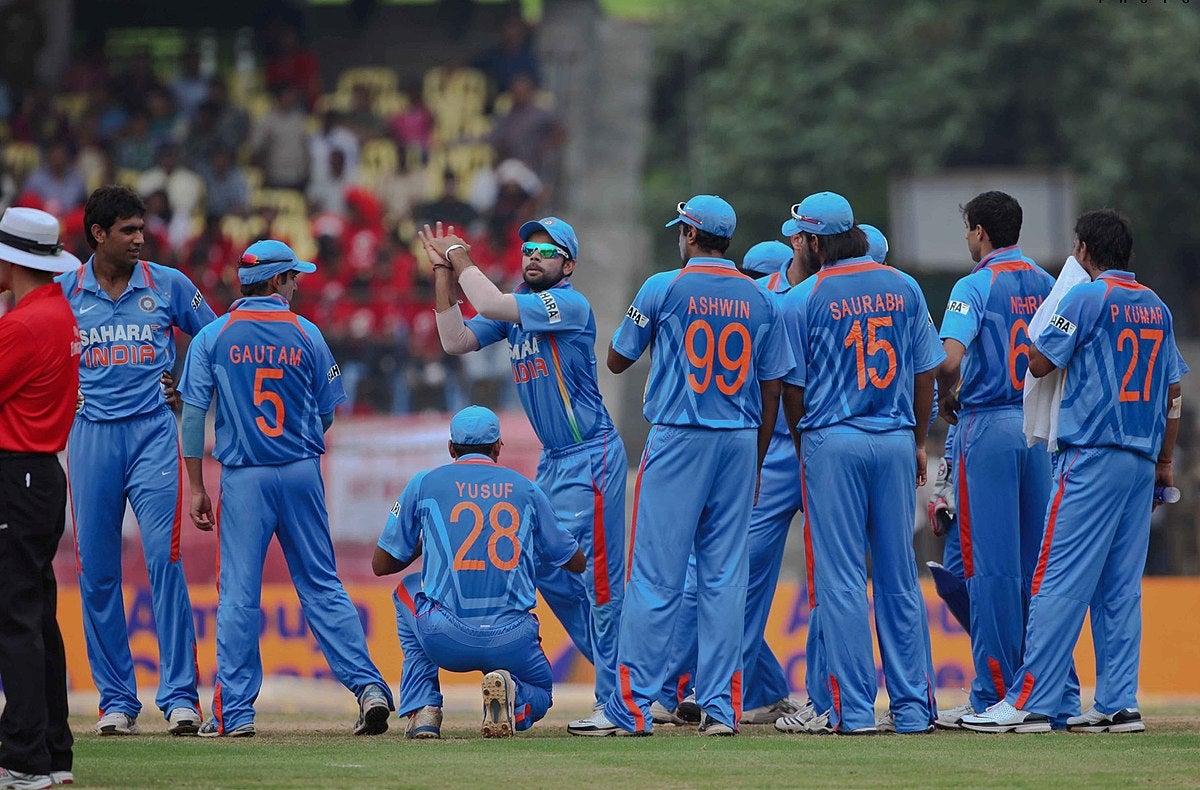

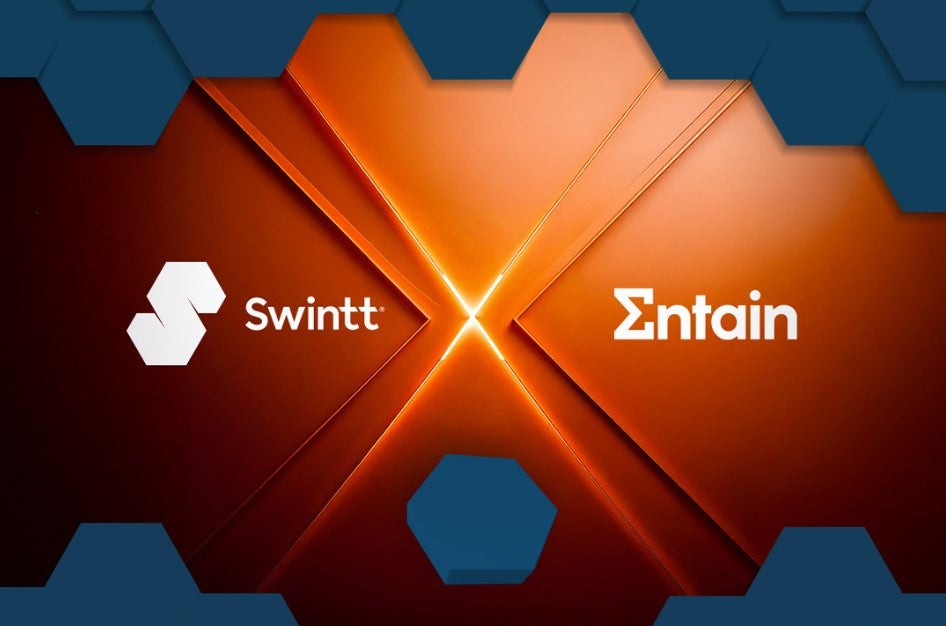






.jpg)


